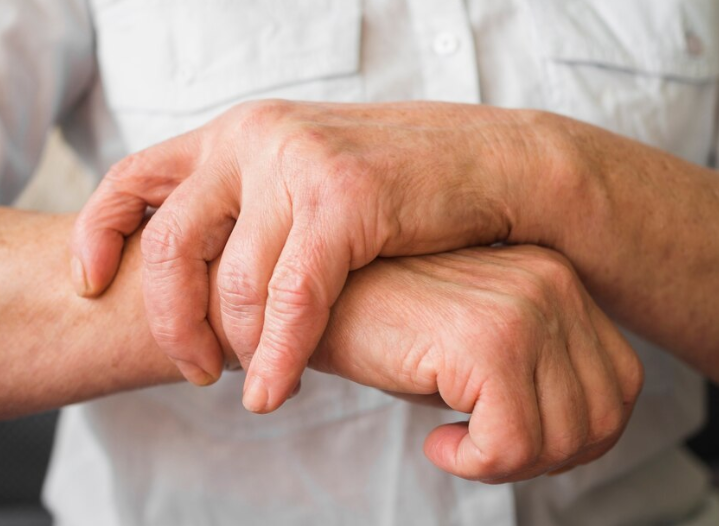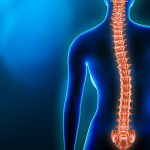 |
Rheumatoid arthritis (RA) is an inflammatory disorder that can affect multiple joints, usually on both sides simultaneously. In other words, if it affects your wrists, it would likely be both, not just one. RA is an autoimmune disorder. Essentially, a flare up is when your immune system starts to attack your own body’s tissues. Ultimately, it has systemic (body-wide) effects and can damage your skin, lungs, heart and blood vessels in some cases. RA mainly damages the lining of your joints causing large amounts of pain and swelling that can eventually result in joint line erosion and deformities. In most…
Read More






